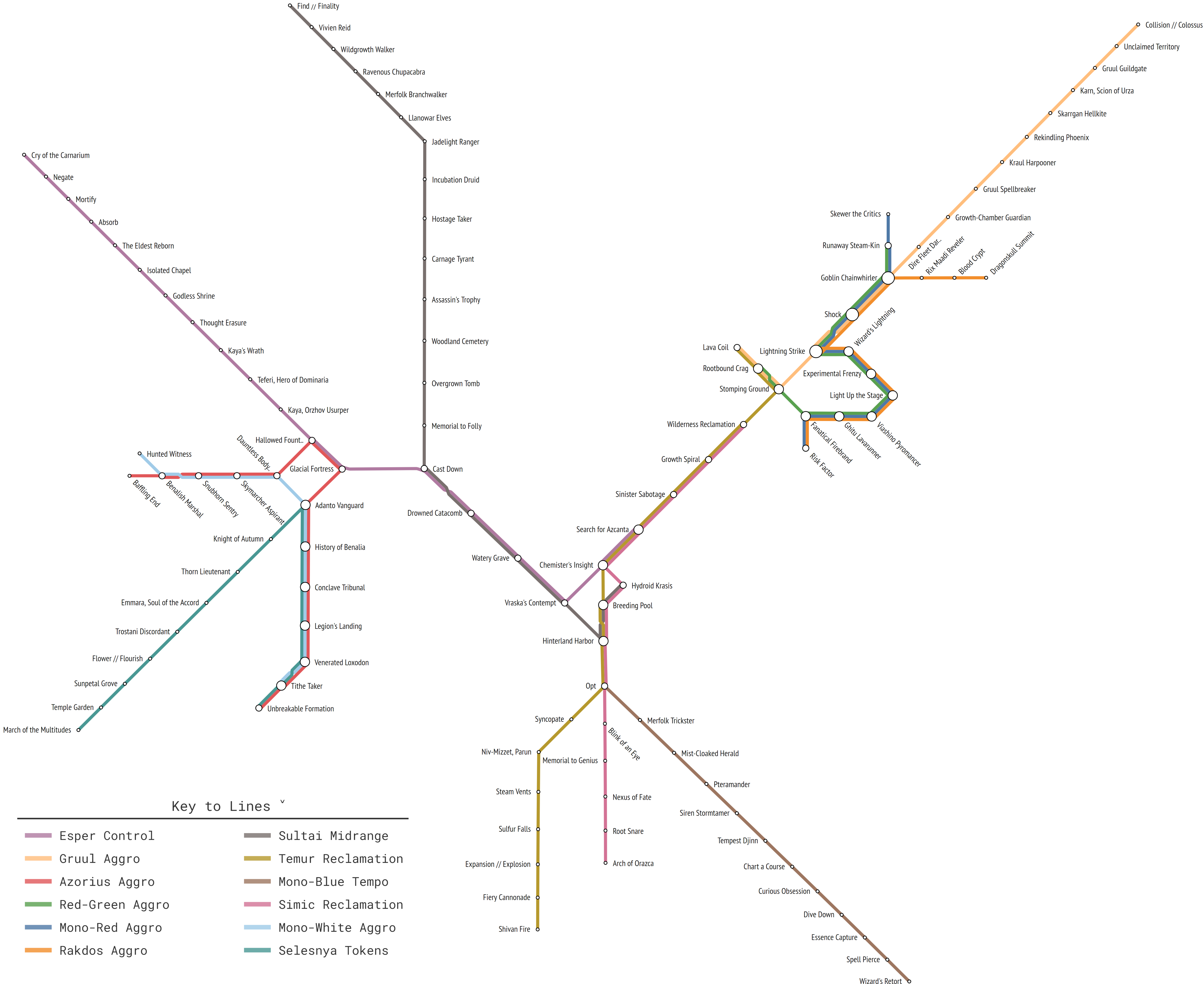My research primarily focuses on the security and privacy of machine learning. I tend to fall more on the theoretical side of things, and a lot of my recent work has focused specifically on interesting applications of differential privacy. Since 2023, I have had the honor of being advised by Kassem Fawaz as a member of the Wisconsin Privacy and Security Group.
If all goes well, I will soon be able to share some of my recent work here! In the mean time, you can read about the projects I worked on as an undergraduate research assistant at the University of Arizona (which somehow feels like a lifetime ago):
My work with Dr. Debray focused on understanding the problem of authorship attribution for programs, and reckoning with the surprising fact that it seems to be possible to figure out who wrote a program solely using stylistic features from the compiled binary. After reproducing a state-of-the-art system for binary classification, we developed a novel gray-box technique for obscuring an author's stylistic fingerprint using non-standard compiler optimizations. Our paper presenting our results and discussing the current state of binary stylometry was accepted for presentation at the 2021 CheckMATE Workshop.
(Slides) | (Talk) | (Website) | (Original Paper) | (User Study)
MetroSets is an online platform for set visualization which I helped to create as part of my research with Dr. Kobourov. The basic idea is to borrow the visual language of metro maps and apply it to abstract data, with sets drawn as metro lines and elements drawn as stations. Here's an example, visualizing the cards used in Magic: The Gathering tournament decks (new tab to zoom):

Our paper, MetroSets: Visualizing Sets as Metro Maps, was presented at IEEEVis 2020, and published in IEEE Transactions on Visualization and Computer Graphics, which is the premier journal in visualization. Subsequently, we worked on empirically evaluating our system through a controlled user study. Our paper On the Readability of Abstract Set Visualizations describing our results and situating MetroSets in the broader ecosystem of set visualization tools was presented at IEEE PacificVis and published in IEEE TVCG.
In recognition of my work on MetroSets, I was selected for honorable mention for the Computing Research Association's Outstanding Undergraduate Researcher Award for 2021, as well as the University of Arizona College of Science Outstanding Undergraduate Researcher Award. The latter award is given to only one student in the College of Science each year.